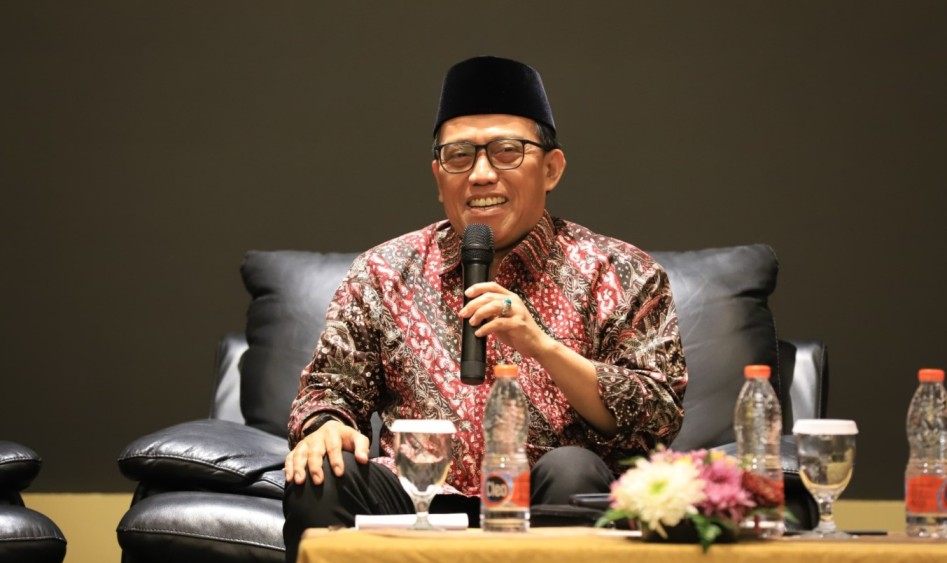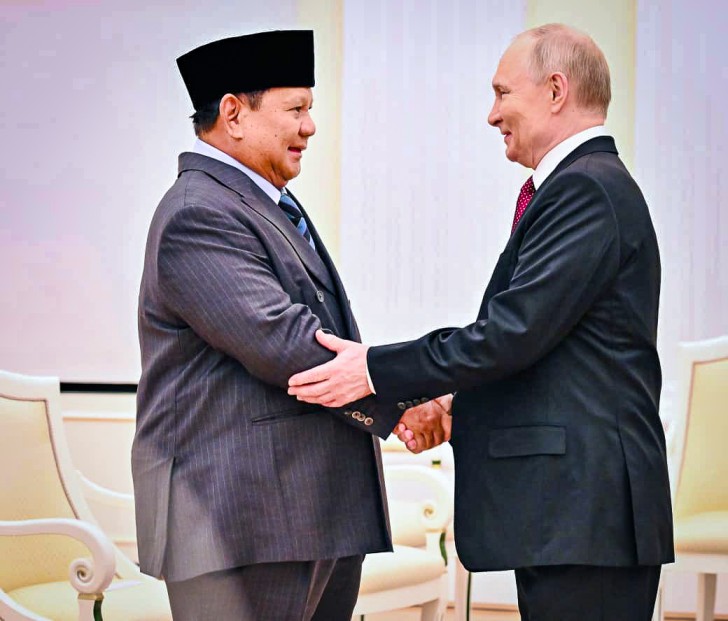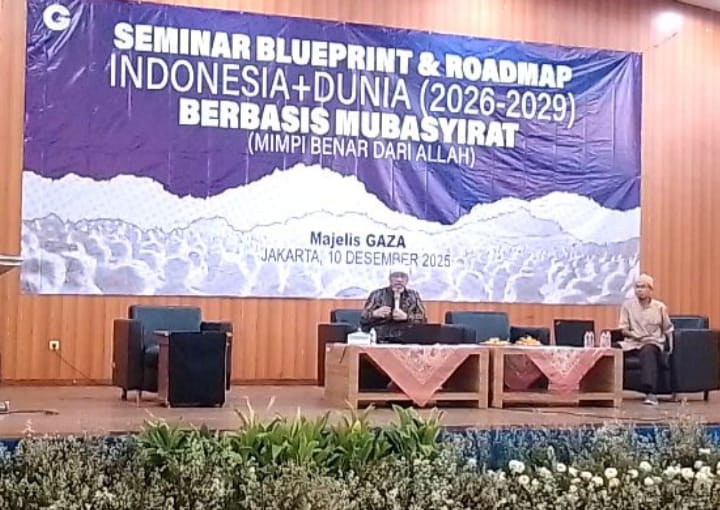Halal media, recreation have chance to survive amid COVID-19 pandemic

Jakarta (Indonesia Window) – Halal media and recreation are two areas in the halal economy sector that have strong opportunity to survive amid the COVID-19 pandemic, according to second edition of the Halal Guidebook titled ‘Dubai – A Global Gateway for Halal Industry: A Step-by-Step Guide’.
The guidebook also outlines the extent to which the halal (permissible in the Islamic Laws) sector has been affected by intensive measures aimed at fighting COVID-19, according to the United Arab Emirates News Agency (WAM).
Within the halal economy, the most challenged sectors are travel, Islamic finance, and modest fashion.
Food supply chain has also been severely disrupted but was quickly met with resilience from the halal market economies that have consistently focused on bringing the supply chain closer to home by either investing in domestic production or finding closer regional supply chain partners, the book said.
Assistant Director General of DAFZA (Dubai Airport Free Zone), Amna Lootah, said, in recent years, the UAE has intensified efforts aimed at expanding the economy with several initiatives and growth plans that have ensured a more diverse and vibrant halal sector.
“Such activities have established Dubai and the wider UAE as one of the world’s most important business hubs and facilitated the progress of various industries including the emirate’s Islamic economy. So much so that investments in the Halal economy have recorded growth of 399 percent in 2018-2019, with a value of 1.2 billion U.S. dollars,” she noted.
“The guide details the opportunities around core halal economy sectors, outlines trends, and provides strategic insights that will enrich the knowledge of entrepreneurs and companies keen to invest in the Islamic economy and capitalize on its promise of enduring growth and prosperity,” Lootah added.
According to her, Dubai has an ideal location in the heart of the regional and global Islamic economy system, two hours distant by air from 455 million Islamic consumers, which is equivalent to 587 billion U.S. dollars of the value of the halal consumption market.
“The Emirate of Dubai is also the trade center for 57 countries of the Organisation of Islamic Cooperation, OIC, which accounts for 296 billion U.S. dollars of halal imports, according to 2018 results,” Lootah pointed out.
She concluded that leading global players across industries are beginning to participate in the halal economy with several multinational cooperation’s such as Nestlé, Cargill, Hershey’s, BRF, and Abbott which actively address halal food opportunities.
Reporting by Indonesia Window

.jpg)








